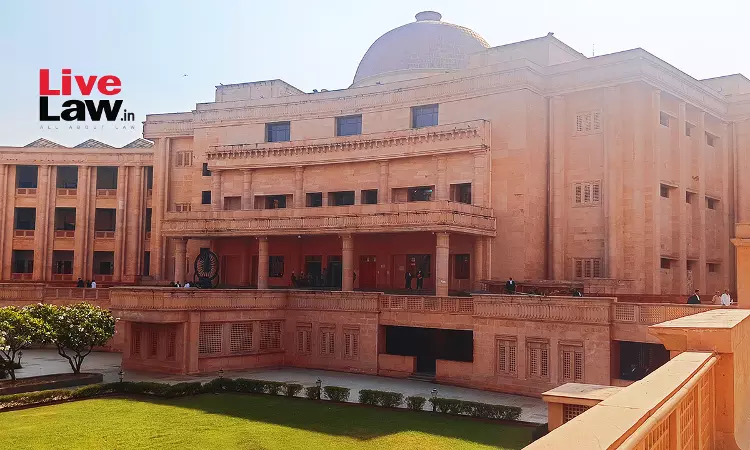Allahabad High Court Acquits Murder Convict Who Spent Over 7.5 Yrs In Jail, Grants ₹1 Lakh To Him As Compensation
Sparsh Upadhyay
19 Sept 2024 1:13 PM IST

Next Story
19 Sept 2024 1:13 PM IST
The Allahabad High Court last week acquitted one Hafeez Khan, who had been convicted by the Sessions Court in March 2019 in a murder case of a woman, as it noted that there was absolutely no evidence against him. The Court also granted him Rs. 1 Lakh as a 'token of compensation' for the 'injustice' done to him since he had to spend more than 7.5 years in jail. “Now that this...
